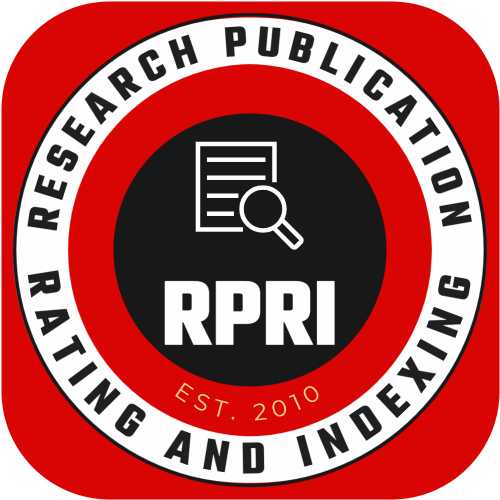Article
A STUDY OF INCOME IN EQUALITY IN INDIA
Income inequality remains one of the most pressing socio-economic challenges in India. While India has made remarkable progress in various development indicators over the past few decades, the economic benefits have not been equitably distributed across different sections of society. A complex interplay of structural, historical, and policy-related factors contributes to persistent disparities in income across caste, gender, religion, region, and educational backgrounds. This study aims to investigate the depth, determinants, and dynamics of income inequality in India by combining traditional economic analysis with modern computational tools such as Machine Learning (ML) and Deep Learning (DL). We use a comprehensive dataset drawn from national surveys and government records to analyze income distribution and socio-economic correlates. Statistical tools, regression analysis, clustering, and neural networks are applied to model and interpret the inequalities. The novelty of this study lies in its interdisciplinary approach, where we integrate Artificial Intelligence (AI) techniques with socio-economic theory to simulate real-world scenarios and forecast future trends in inequality. By training ML algorithms on demographic and economic data, we identify key predictors and build forecasting models. We also use DL models for understanding non-linear relationships, image-based poverty mapping, and time-series projections. Our findings can aid policymakers, economists, and technocrats in designing data-driven, inclusive, and sustainable solutions to curb income inequality in India.
Full Text Attachment





























